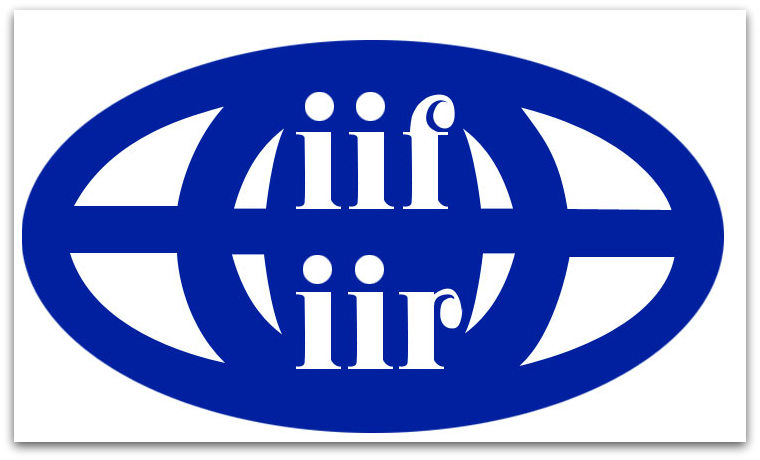Ethical code of the author
Ethical code of the author
- Recognized as the authors of an article are such individuals who have made a substantial contribution to the formulation and solution of the problem discussed in the article, and share responsibility for the results obtained. The author who has submitted an article to the editors shall be deemed responsible for the consent of the other authors to its publication.
- It is the responsibility of the authors of an article to provide authentic contact information. Besides, they are responsible for the originality of the materials presented in the article. Such materials must not be published earlier or sent for concurrent publication to other journals. The article must not contain plagiarism. If any of these obligations is violated, publication will be denied.
- The authors of an article accept full liability for possible damage or potential conflict of interest in relation to its publication. The editors may reject the article if it violates the rights of a third party, standards of scientific ethics, or confidentiality of information. The author or organization who submitted the article will be notified on the fact.
- The authors of an article are expected give within a limited volume (~ 15 pages) an unprejudiced assessment of the problem in question based on a sufficient analysis of earlier publications related to this work, explicate the meaning of the results obtained, and provide a precise description of the proposed methods of solving the problems and possible difficulties with their application.
- The authors must scrupulously and prior to the deadline set by the editors correct the drawbacks observed by the editors or the reviewer that could question the possibility of the article’s publication.
- If the analysis of a problem is based on confidential information (personal contacts, reviewing of manuscripts, grants, etc.), such information may not be published without prior consent of the individuals who act as the sources of information.
- Criticism of previous researches contained in an article must not be personal.
- An article series where results of a complex research are published must be organized in the way that gives the reader an overall understanding of the research as a whole and of each aspect illustrated in a respective article.
- A series of articles where the results of a complex research are published should be arranged in such a way that the reader could develop a comprehensive overview of the research structure, as a whole, and of each of its aspects highlighted in the respective article.











